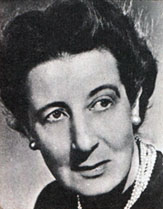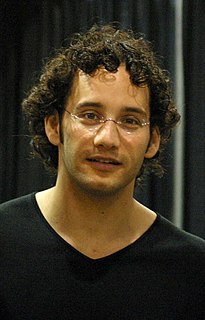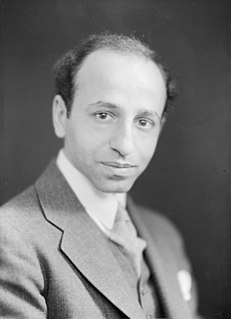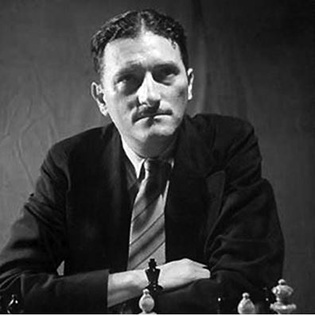A Quote by Alexander Alekhine
Related Quotes
He who wants to educate himself in Chess must evade what is dead in Chess... the habit of playing with inferior opponents; the custom of avoiding difficult tasks; the weakness of uncritically taking over variations or rules discovered by others; the vanity which is self-sufficient; the incapacity for admitting mistakes; in brief, everything that leas to standstill or to anarchy.
I love chess, and I didn't invent Fischerandom chess to destroy chess. I invented Fischerandom chess to keep chess going. Because I consider the old chess is dying, it really is dead. A lot of people have come up with other rules of chess-type games, with 10x8 boards, new pieces, and all kinds of things. I'm really not interested in that. I want to keep the old chess flavor. I want to keep the old chess game. But just making a change so the starting positions are mixed, so it's not degenerated down to memorisation and prearrangement like it is today.
It is the utterly destructive quality. When you say vanity, you are thinking of the kind that admires itself in mirrors and buys things to deck itself out in. But that is merely personal conceit. Real vanity is something quite different. A matter not of person but of personality. Vanity says, "I must have this because I am me." It is a frightening thing because it is incurable.
Combinations have always been the most intriguing aspect of Chess. The masters look for them, the public applauds them, the critics praise them. It is because combinations are possible that Chess is more than a lifeless mathematical exercise. They are the poetry of the game; they are to Chess what melody is to music. They represent the triumph of mind over matter
The huge egos of great chess players are legendary. Psychologists have been amazed by their vanity, have studied it, and anecdotes concerning it are abundant. But never before has there been such a prima donna as Bobby. Already he has managed to alienate and offend almost everybody in the chess world. That includes officials, patrons, writers, almost everybody and anybody who might be in a position to help him in his career.
Like Dvoretsky, I think that (all other things being equal), the analytical method of studying chess must give you a colossal advantage over the chess pragmatist, and that there can be no certainty in chess without analysis. I personally acquired these views from my sessions with Mikhail Botvinnik, and they laid the foundations of my chess-playing life.
I used to play a lot of chess and competitive chess and study chess and as you get to the grandmasters and learn their styles when you start copying their games like the way they express themselves through... The way Kasparov or Bobby Fischer expresses themselves through a game of chess is it's astonishing. You can show a chess master one of their games and they'll say "Yeah, that is done by that player."































